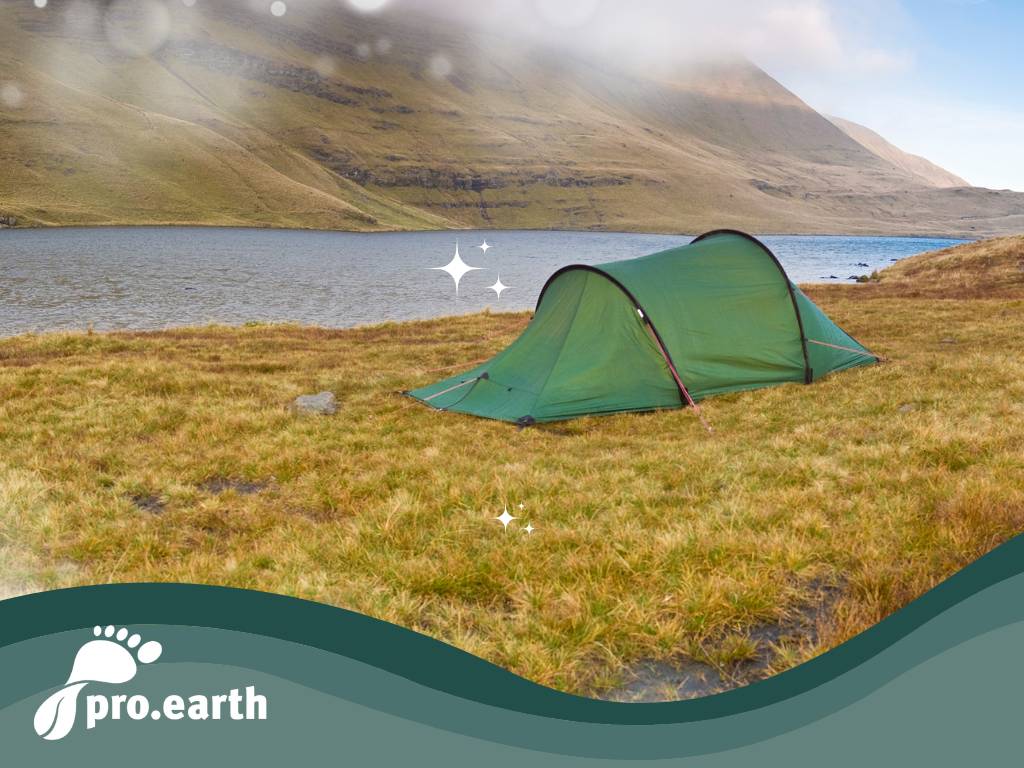Where can I camp wild in Europe?

Camping tourism is booming. However, more and more people - especially young people - don't want to spend the night on expensive, overcrowded campsites, they want to stay free. Simply somewhere in the middle of nowhere. If you don't know your way around, this can cost you dearly, as in certain European countries it is strictly forbidden and punishable by hefty fines. In others, however, exceptions are made under certain conditions and in other countries you are allowed to camp wild.
General
Camping is generally NOT permitted in national parks, on private land and in nature reserves throughout Europe. In the case of private land, the consent of the owner is required.
Which countries allow wild camping?
The Austrian Camping Club offers a map of Europe on which the individual countries are marked. Click here for the map. It is permitted in the Nordic countries, namely in
- Latvia
- Lithuania
- Estonia
- Finland
- Sweden
- Norway
- Scotland
It is important to note that wherever you go, you should leave the place as you found it, i.e. take your garbage with you and disturb nature as little as possible.
In Central Europe
In countries such as Austria, Germany, Ireland, Switzerland, England and Denmark, it is actually prohibited, but sometimes a blind eye is turned. There are regulations that allow you to camp freely in one place for 24 hours "until you are fit to drive" (in Germany) or similar regulations for 24 hours (as in Belgium). Elsewhere (as in Switzerland) you need permission from the local authorities.
"You quickly run the risk of getting into trouble with the relevant law enforcement officers. That's why you should find out in advance or, if in doubt, prefer to use an official pitch or campsite," says Tomas Mehlmauer, President of the Austrian Camping Club (ÖCC).
Strict ban
In Southern and Eastern Europe such as Spain, Croatia and Slovenia, however, there is often a strict ban on wild camping, which is also punished. Especially in tourist areas, on the coast and near places of interest, it is often prohibited.
During our research, we noticed that different countries fell into the last category on different websites. For example, Portugal, France and Italy were once in the strictly prohibited category and once in the "actually prohibited, but with exceptions" category.
TIP: Here is a more detailed country overview.
An alternative - "rural hosts"
In some European countries, it is possible to stay with rural hosts (i.e. farms) for 24 hours (or even longer) for a certain fee, which usually includes the consumption of home-grown produce. These are usually grouped together in networks. These include
- Austria and Slovenia "Farm life" or "Look at the countryside"
- Germany "Landvergnügen"
- Italy "Agricamper Italia"
- Spain "Espana Discovery"
- France "France Passion"
The Austrian Camping Club offers more information on this.






